Dance standouts from the Taoli Cup to go on national 11-city tour, Chen Nan reports.
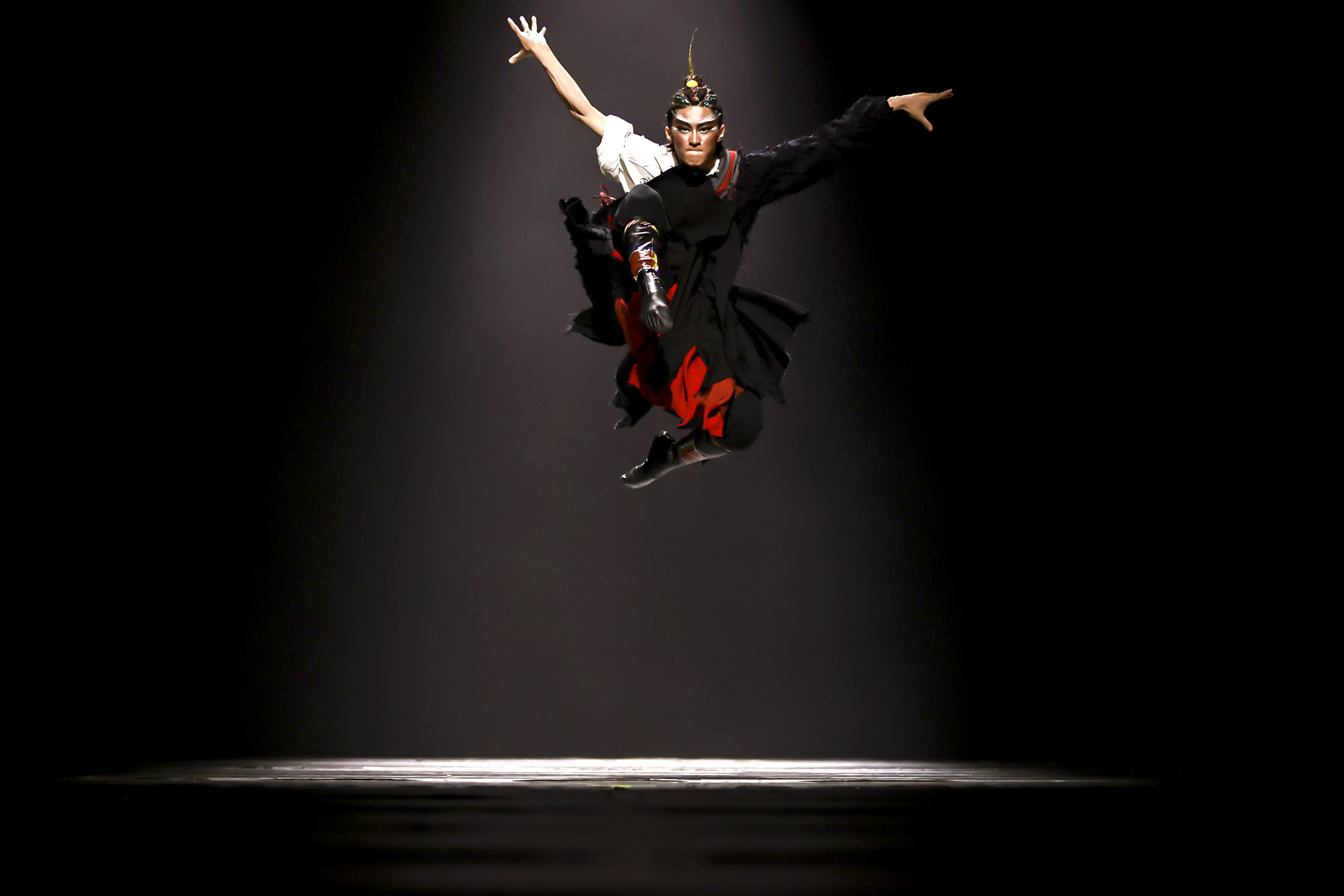
As the Beijing Dance Academy celebrates its 70th anniversary this year, the established dance school has announced the first nationwide tour of a selection of standout entries from the 13th edition of the Taoli Cup National Dancing Education Performance of China. The national event, initiated by the academy in 1985, has been held every three years and is a platform for training top young dancers and was originally known as the Taoli Cup National Dancing Competition.
The 13th Taoli Cup was held in Beijing last August and featured 200 programs divided into six sections according to style, including classical Chinese dance, Chinese folk dance, ballet and contemporary dance. Students representing 64 schools from 27 cities and provinces participated, making it the largest event in the cup's history. For the first time, the competition featured contemporary dance, a relatively new style in China compared to traditional Chinese dance and Chinese folk dance, and which still caters to a minority taste.
READ MORE: Undertaking a journey to the West
According to Xu Rui, president of the Beijing Dance Academy, 15 performances will be held in 11 cities, including Beijing, Chongqing, Suzhou in Jiangsu province, and Kunming in Yunnan province, between May and November.
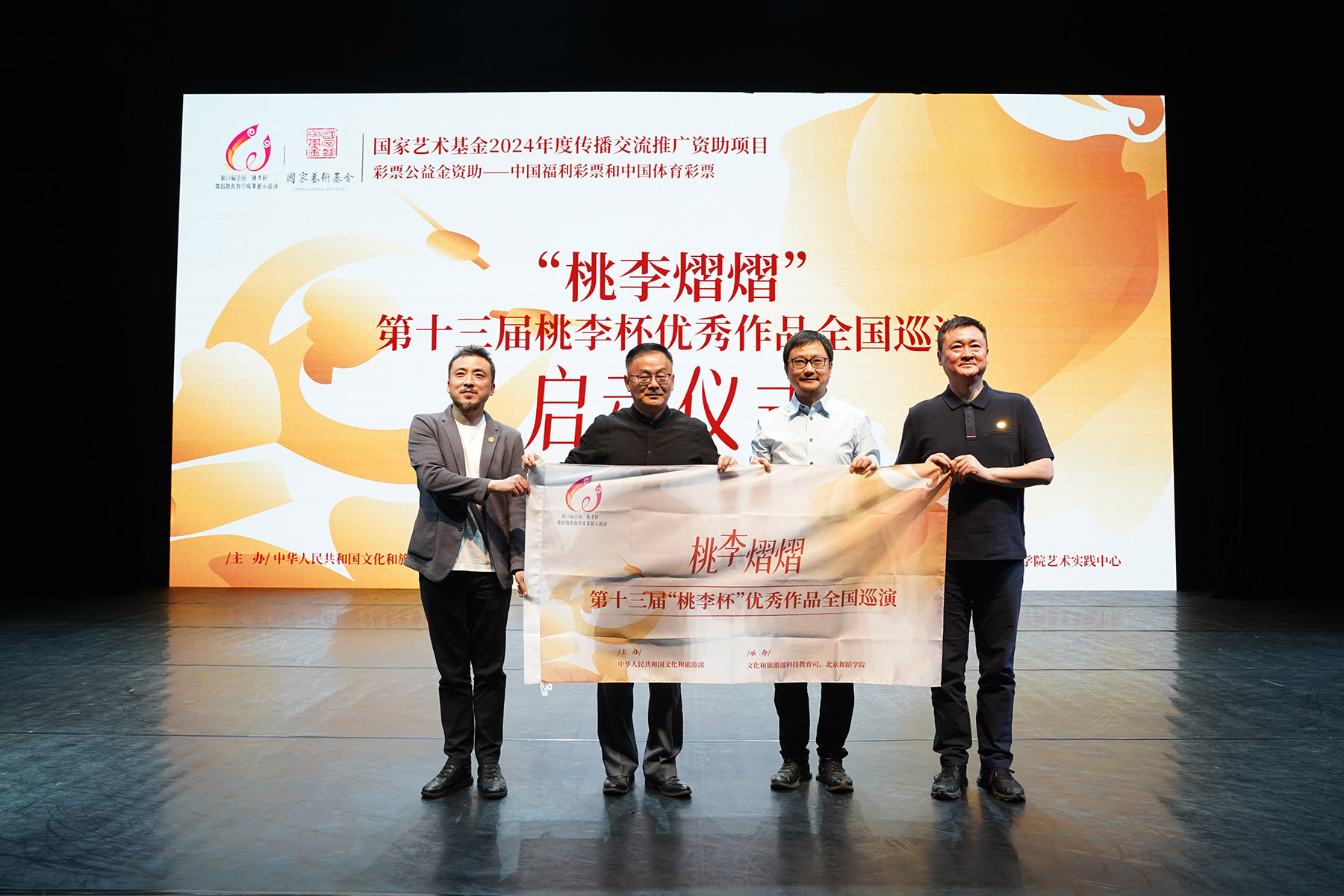
Students from over 10 art schools who participated in the 13th Taoli Cup, including those from the Beijing Dance Academy, the Central Academy of Drama, the Nanjing University of the Arts and Hangzhou Normal University, will take part in the tour.
It will feature four major styles: classic Chinese dance, ballet, Chinese folk dance and contemporary dance. Before each performance, the winners of major awards in previous editions, among them star dancers like Wang Yabin, Hua Xiaoyi and Wang Zihan, will introduce the history of the Taoli Cup and the pieces to be staged.
"For nearly 40 years, the competition has been a key platform for young dancers to show their skill and be seen by a wider audience. Many young Chinese dancers shot to stardom after winning the competition, and have become top dancer-choreographers today. They have taken leading roles in dance productions in theaters, and have created their own work, promoting the development of the dance scene in China by growing a large fan base for the art, especially among the young," says Xu.
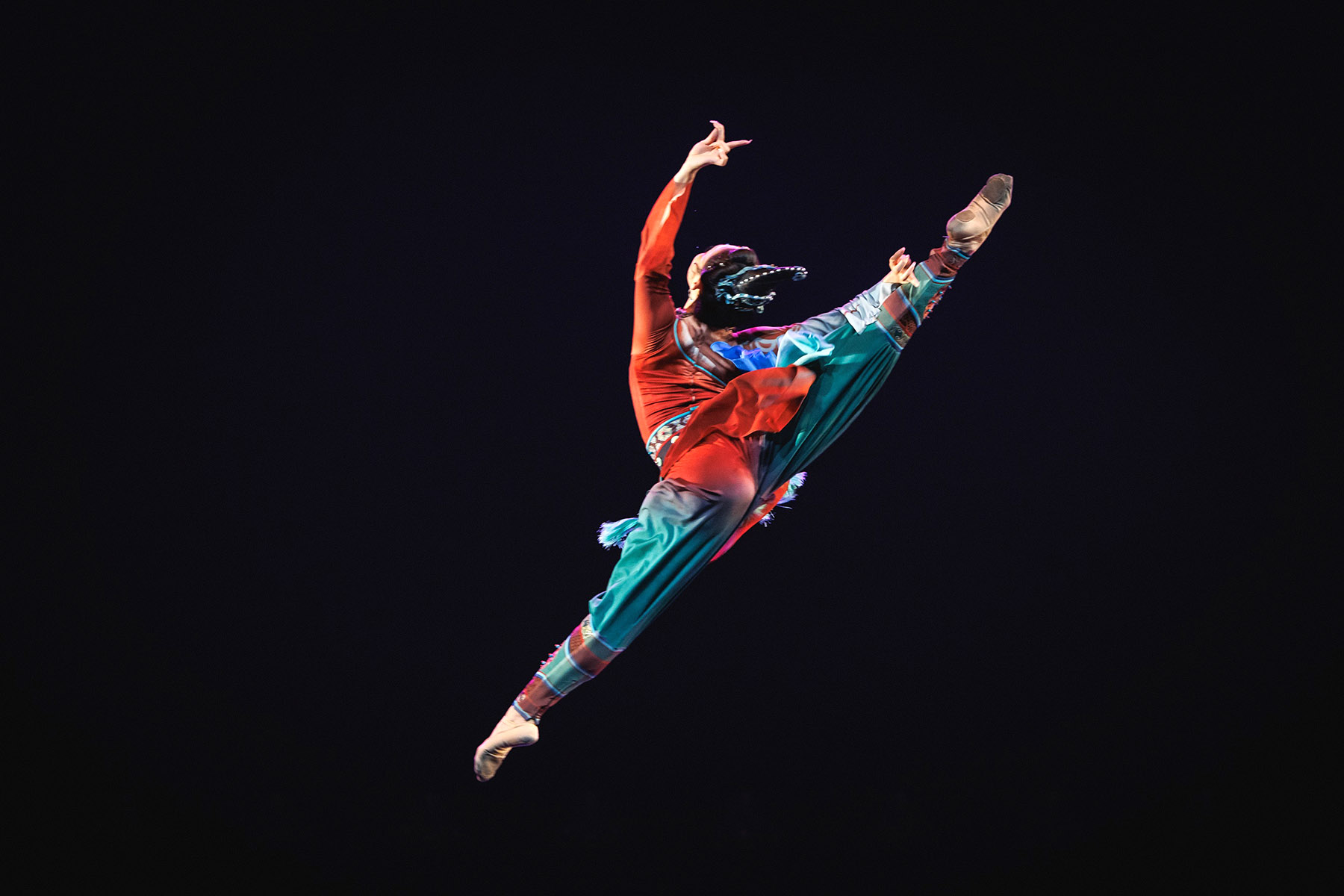
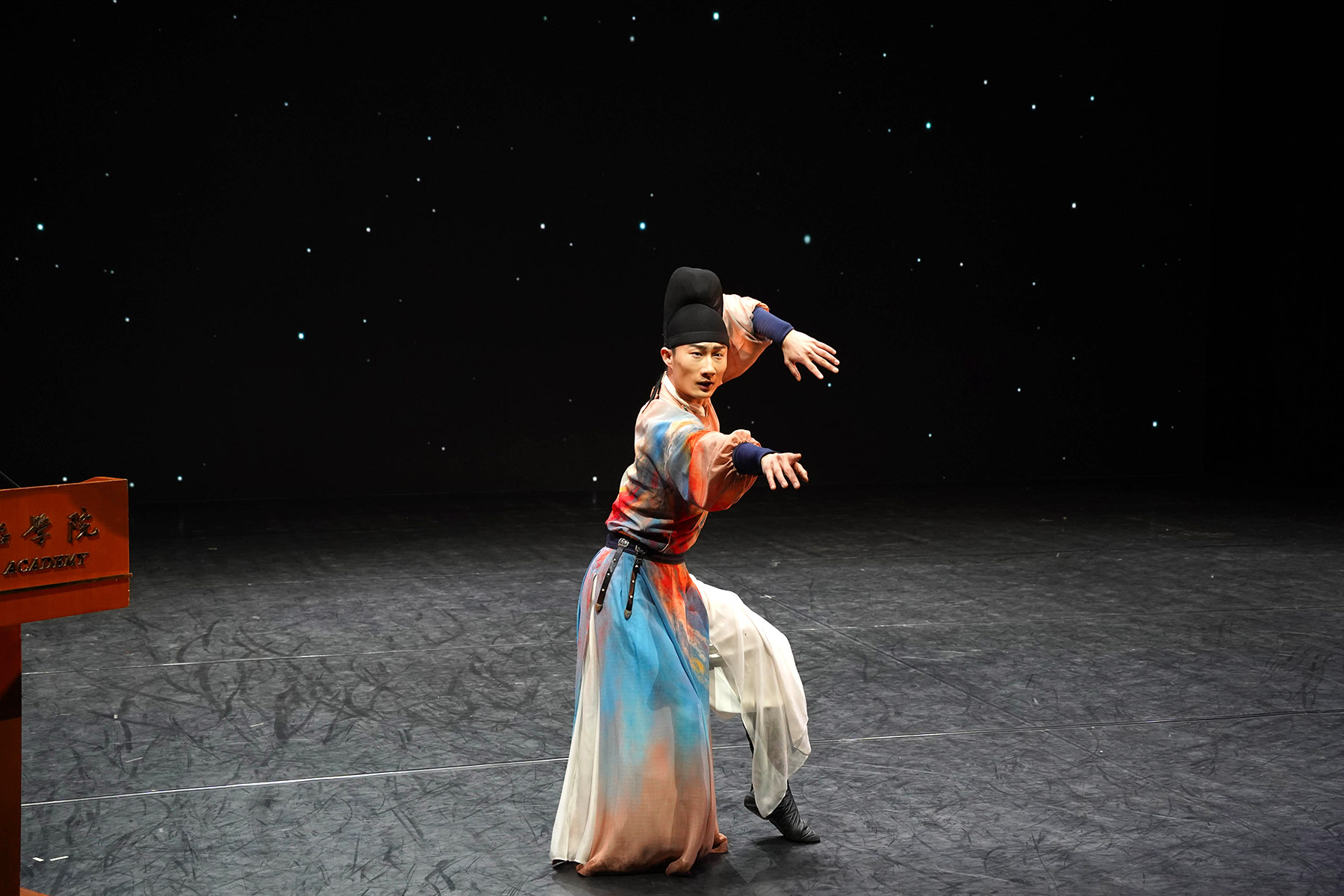
He says that the competition is also a platform for showcasing the achievements of dance instructors, and promotes higher levels of teaching and performing, stimulates the creation of new dances, and propels the development of dance in the country.
The Taoli Cup is a leading incubator allowing young dancers to grow.
Ba Tu, Party secretary, Beijing Dance Academy
Jiang Tiehong participated in the Taoli Cup in 1991 when he was a student at the Minzu University of China majoring in dance. He was named one of the top 10 dancers during the competition, which he says helped launch his career by giving him more opportunities to appear onstage.
"I can still remember the first day of the competition in 1991," says Jiang, who is now head of the dance school at the Minzu University of China. "I was sitting with the other dancers on the audience benches at the Beijing Dance Academy, feeling excited and nervous. We were so young and ambitious, all hoping to win and be recognized.
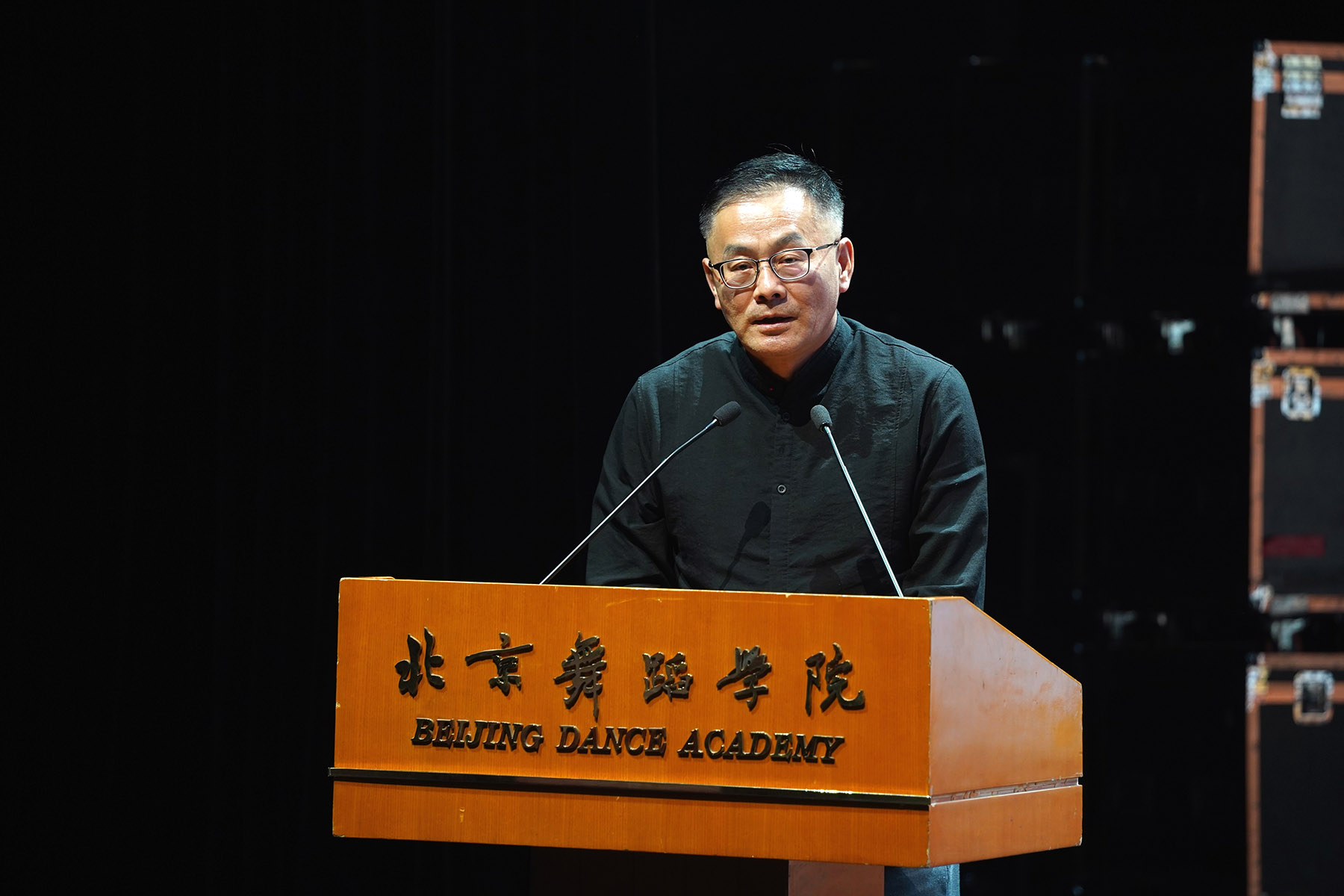
"For any young student majoring in dance in China, the Taoli Cup is a symbol of success, a clear goal to pursue, even for those who received training as children. Now, many students from the dance school at the Minzu University of China also participate in the competition and get awards, which makes me very proud," he says.
Zhu Han won second place in the classic Chinese dance category during the 2006 competition with the solo piece, Shi Lang, which recounted the story of the legendary military figure from the Qing Dynasty (1644-1911).
For nearly 40 years, the competition has been a key platform for young dancers to show their skill and be seen by a wider audience.
Xu Rui, president, Beijing Dance Academy
"I prepared for the competition for about two years, a long and tough period. My teachers helped me create the solo dance piece and trained me for hours every day. The training and rehearsals were exhausting," says Zhu, who now teaches at the dance drama department at the Central Academy of Drama. "However, looking back, the experience was about more than the competition itself. I gained confidence and challenged myself over and over again through training and rehearsals."
Besides award-winning dances from the 13th edition, winning entries from previous editions will also be part of the tour. Highlights include Drinking Alone Under the Moon, featuring Su Hailu and inspired by Tang Dynasty (618-907) poet Li Bai's poem of the same title, and Tang Yin, a piece by Sun Can, which was inspired by tricolor Tang figurines of female dancers.
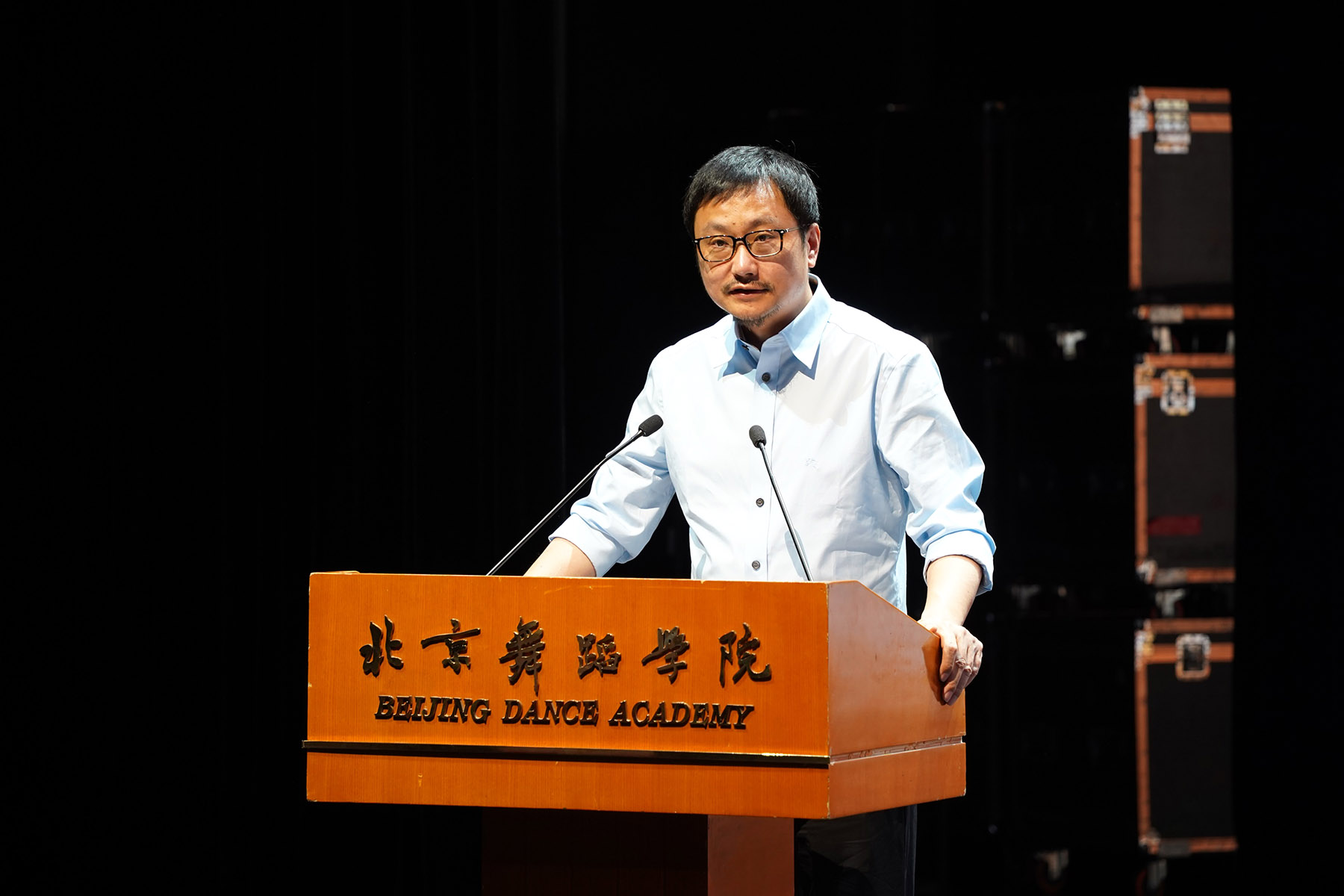
Besides live performances, the tour is inviting scholars and experts to discuss the development and achievements of dance education over the past 40 years.
In 2016, the focus of the competition shifted to take on an educational aspect, and the event was renamed the Taoli Cup National Dancing Education Performance of China.
ALSO READ: Composer's memories help shape the future
"The Taoli Cup is a leading incubator allowing young dancers to grow. We have seen many original dances created for the competition. Those pieces deserve to be seen by more people," says Ba Tu, Party secretary of the Beijing Dance Academy.
Contact the writer at chennan@chinadaily.com.cn


